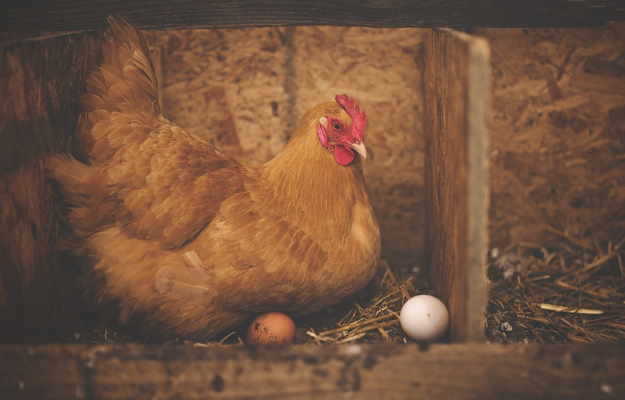Bird flu, also known as avian influenza, is a viral infection that occurs primarily and naturally in wild aquatic birds. There are multiple strains of bird flu which can cause varying degrees of illness in birds. The UK’s National Health Service (NHS) reveals that four strains of bird flu - H5N1 (since 1997), H7N9 (since 2013), H5N6 (since 2014) and H5N8 (since 2016) - have raised concerns in recent years. Outbreaks of bird flu have occurred in Asia, Africa, Europe and the Middle East since 1997. There have also been many outbreaks of bird flu in India since 2005-06.
Of these common strains of bird flu, H5N8 has not infected any humans to date, globally. Human cases of H5N1, H7N9 and H5N6 are rare as these strains cannot infect humans easily, and human to human transmission is extremely rare. Still, several people from around the world have been infected with this flu during outbreaks and this has led to a number of deaths. The World Health Organization (WHO) says that in humans, the H5N1 bird flu has a case-fatality of around 60%.
(Read more: World’s deadliest viruses)

















